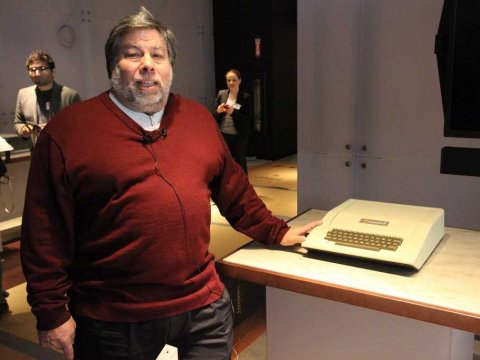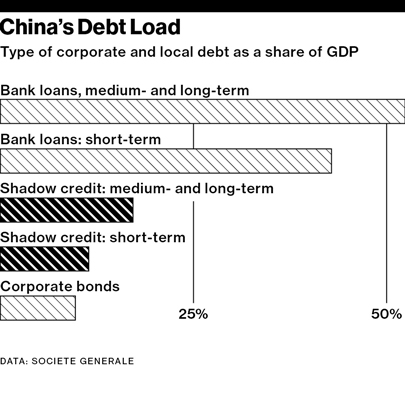China Bad-Loan Alarm Sounded by Record Bank Spread Jump
June 28, 2013 Leave a comment
China Bad-Loan Alarm Sounded by Record Bank Spread Jump
Borrowing costs for Chinese banks have surged the most in at least six years this month as rating companies say a cash crunch threatens to swell bad loans.
The yield spread for one-year AAA bank bonds over similar-maturity sovereign notes jumped 56 basis points so far this month to 163 basis points, the most in ChinaBond records going back to 2007. The similar AA gap widened 59 basis points to 188. Even as China Construction Bank Corp. (939) President Zhang Jianguo said yesterday cash conditions have normalized, the benchmark seven-day repurchase rate was fixed at 6.85 percent, almost twice the 3.84 percent average for this year. Read more of this post











